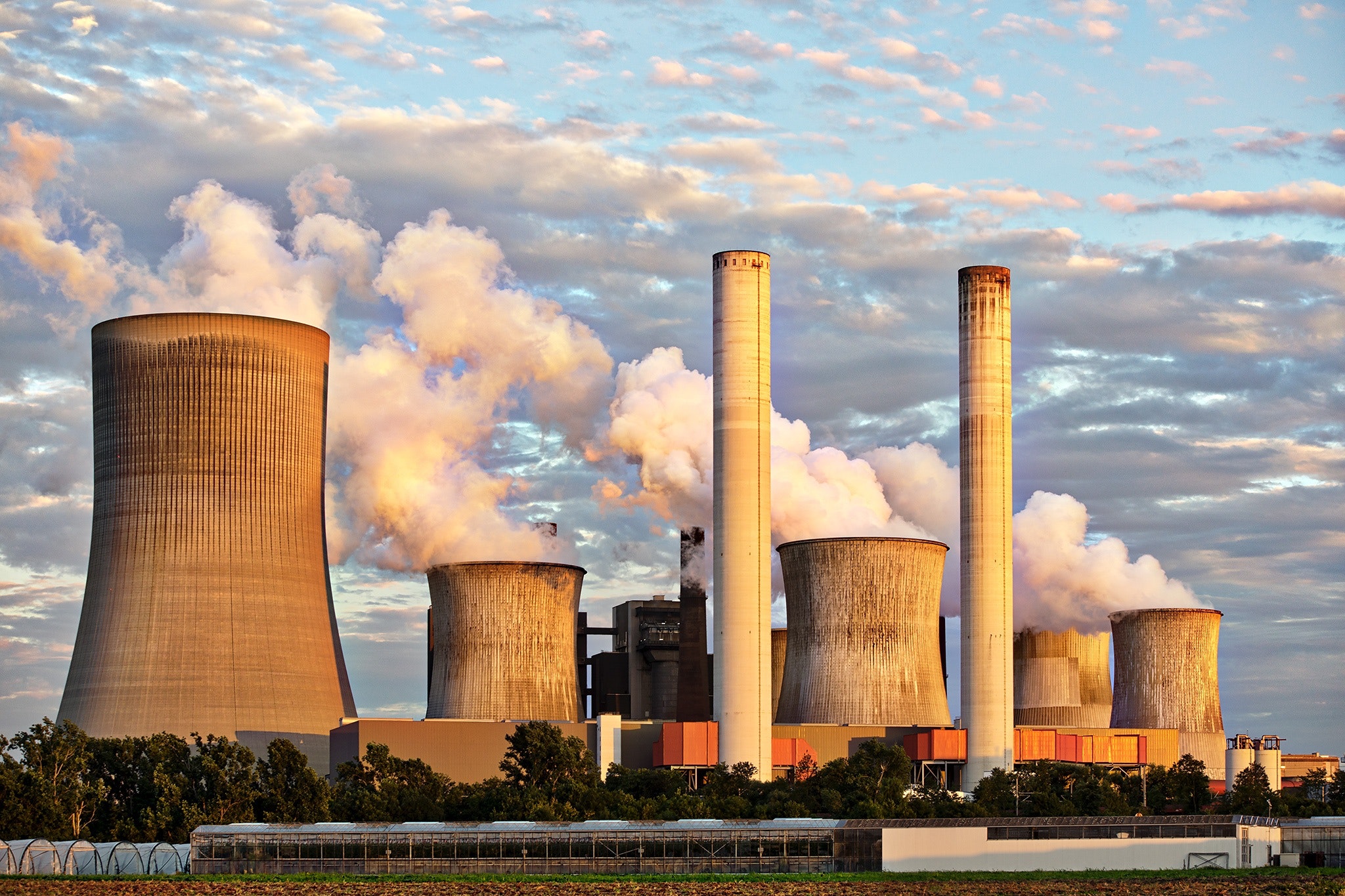Race Against Time for Global Plastics Treaty
As the deadline approaches, delegates from 175 countries meet to establish a global treaty against plastic pollution. Key discussions include managing plastic products and financial support for developing countries. Debate ensues over setting a global target to reduce plastic production, highlighting differences among nations and industries.

As the Dec. 1 deadline looms, South Korea hosts 175 countries in a critical meeting aimed at drafting a global treaty to curb plastic pollution. The U.N. Intergovernmental Negotiating Committee's fifth and final session seeks to establish binding rules against plastic proliferation.
The document unveiled by committee chairman Luis Vayas Valdivieso suggests initiatives like a global catalog of plastic products for regulation and a financial framework to support developing nations. Cited as a severe environmental and public health issue, plastic pollution demands urgent action, the document asserts.
Contentious topics include a potential global target to reduce primary plastic polymer production and how wealthier nations will fund efforts. As disagreements stall progress, both supporters and opponents of production caps call for solutions, highlighting urgent concerns for a pathway to a circular economy for plastics.
(With inputs from agencies.)










